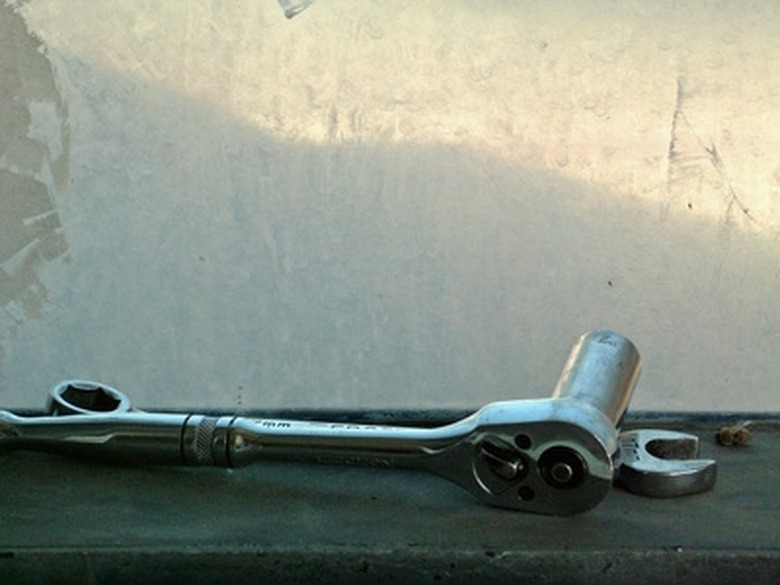Signs That I Need To Change The Anode Rod
The health of your anode rod is of critical importance to the longevity of your hot water heater. The job of the anode rod is to be consumed, in order to protect the lining of your water heater from damage. Be vigilant for signs that your anode rod needs replacement, and be sensitive to conditions that could reduce the life of your anode rod.
Softening
Softening
If you completely soften your water, your anode rod it will corrode faster. Corrosion results not only from salt in the water, but from water softeners themselves, and may result in a bad water odor. Completely softening, over a period of six months or less, can cause an anode rod to corrode. Thus, if you soften your water, consider replacing your sacrificial anode with an electrical anode, which will not corrode in response to softeners.
Warning Signs on Anode Rod
Warning Signs on Anode Rod
To determine definitively if you need to replace your anode rod, remove it from the tank and examine it. Your anode rod should show signs of use, and look slightly "chewed up"; however, if you can see 6 inches of the steel core wire underneath, replace the rod. If the rod consists solely of steel core wire, as a result of corrosion, you should definitely replace it, although the tank's life might soon be over.
Passivated Rod
Passivated Rod
Some rods are nonfunctional. If, a few weeks into use, you notice that your rod looks untouched, it probably is not doing its job, and is not corroding to save your tank. You may wish to replace it, either with another rod of the same kind or with a nonsacrificial, electrical anode rod.
Aluminum Rods
Aluminum Rods
Pay special attention to aluminum anode rods, which are particularly likely to require replacement. Aluminum rods are more likely than other kinds of rods to split off into little pieces, or to produce waste as a by-product of corrosion. Be vigilant for little pieces of anode rod in your water heater, or for a foam by-product that floats at the top of the water in your heater and shows up in your filters. All of these signs tend to indicate that your anode rod needs replacement.
Cite This Article
MLA
Lobo, Tricia. "Signs That I Need To Change The Anode Rod" sciencing.com, https://www.sciencing.com/signs-need-change-anode-rod-8361770/. 24 April 2017.
APA
Lobo, Tricia. (2017, April 24). Signs That I Need To Change The Anode Rod. sciencing.com. Retrieved from https://www.sciencing.com/signs-need-change-anode-rod-8361770/
Chicago
Lobo, Tricia. Signs That I Need To Change The Anode Rod last modified March 24, 2022. https://www.sciencing.com/signs-need-change-anode-rod-8361770/
